As mentioned by this outlet and elsewhere, the New York real estate industry—one of the main contributors to the annual financial tax intake of both the city and the state—has been championing tax relief for owners, landlords, and tenants in the wake of the COVID-19 pandemic. Now The Real Deal reports that the City Council has two new bills before the body that propose deferral of property taxes and rent.
The first bill, introduced by Councilwoman Margaret Chin, representative of Lower Manhattan, would allow property owners whose buildings are assessed at more than $250,000 to delay their full July 1 property tax payments. They would have to pay a quarter of the bill by October 1, 2020 and the remainder by May 1, 2021, reports TRD. Deferred payments allowed under this bill would incur interest at a rate set by the commissioner of finance on underpayments of general corporation tax, which at present is 9%. This represents a 50% reduction in interest from the current rate being assessed on large properties of 18%.
Under the bill, owners of property assessed at more than $250,000 who get a tax deferral would need to notify their tenants so that they can request forbearance. Otherwise, such landlords would be responsible for the full 18% interest payment.
Then, during the tax deferral period and for three more months after the property owner becomes current on those taxes and fees for municipal services such as water and sewer, tenants could also delay their rent payments at an interest rate no more than 25% of the late interest rate on the deferred taxes.
To qualify, reports TRD, applicants would have to show that the building’s occupant or occupants were affected by limitations on “seating, occupancy, or on-premises service limitations” imposed by an executive order from the governor or the mayor between March 7 and June 30, or that they experienced an “unexpected decline” in income for more than 30 days during that period.
City Council member Kalman Yeger, who represents Bensonhurst, Borough Park, Midwood, and Ocean Parkway in Brooklyn, says the bill is “not forgiveness, it’s a deferral. It’s not a reprieve, it’s a reduction from the interest that would statutorily be charged.” While he characterises the bill as “a start” for legislative relief for property owners, a better choice, he suggests, would be to waive the interest entirely.
Attorney Benjamin Williams, a member of the property tax department at law firm Rosenberg and Estis, notes that the deferral program would just be “kicking the can down the road,” leaving property owners still responsible for their tax payments—plus interest—at the end of the deferral period while their tenants were not obligated to pay rent. “The money has to come from somewhere,” said Williams.
One sector that would benefit greatly from the measure, adds Williams, would be hotels. Without tenants or lessees, they could continue to receive income while enjoying the payment reprieve and reduced interest. They would also not have the notification responsibility. TRD notes that hotel occupancy has recovered only slightly from its initial plunge when stay-at-home orders hit and would-be travelers started staying home in droves.
The second bill focuses on properties assessed at less than $250,000, reports TRD. Introduced by Public Advocate Jumaane Williams, the bill would defer property taxes on such properties whose owners use them as their primary residence, have experienced economic hardship as a result of COVID-19, and have a combined income of less than $200,000. The deferred payments would not incur interest charges.
Both bills were heard by the City Council Committee on Finance at its remote hearing on June 10. A vote is scheduled for June 18.



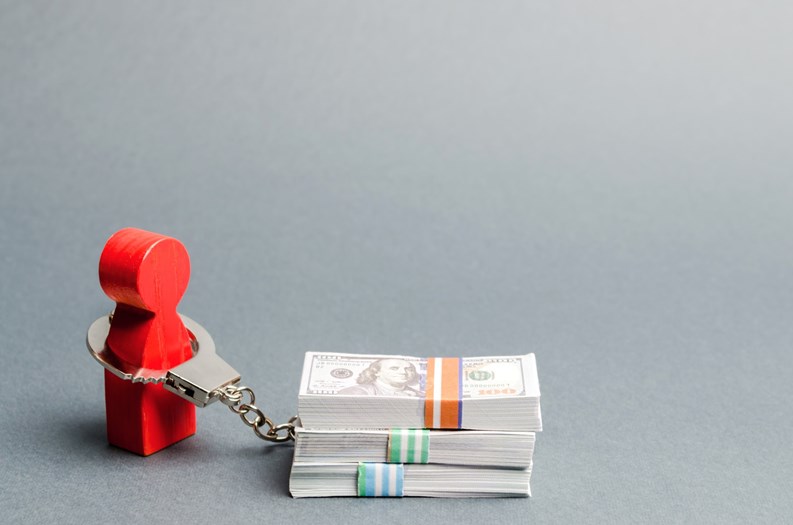
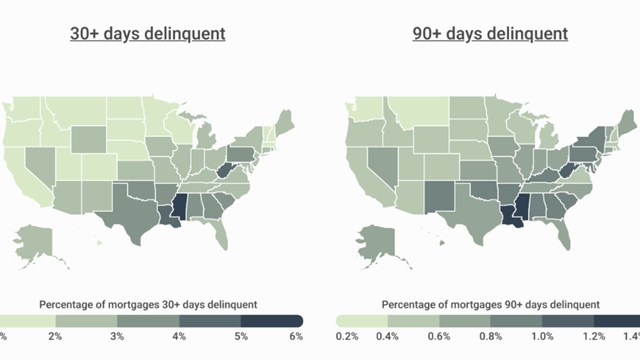
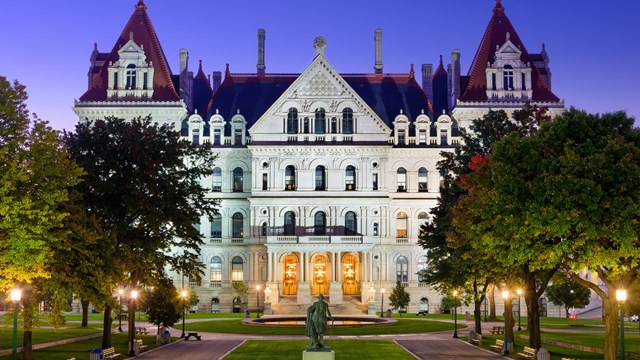

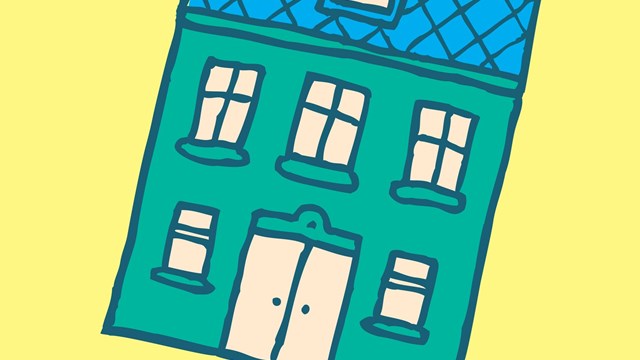

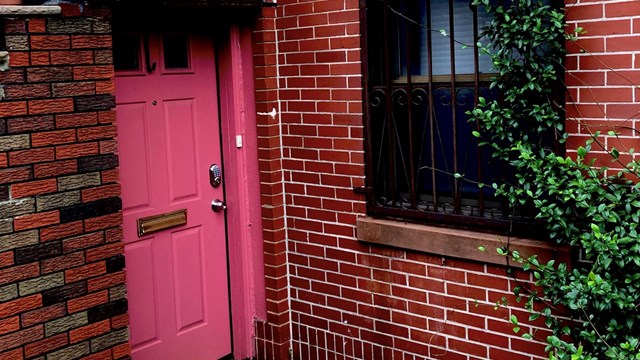
Leave a Comment